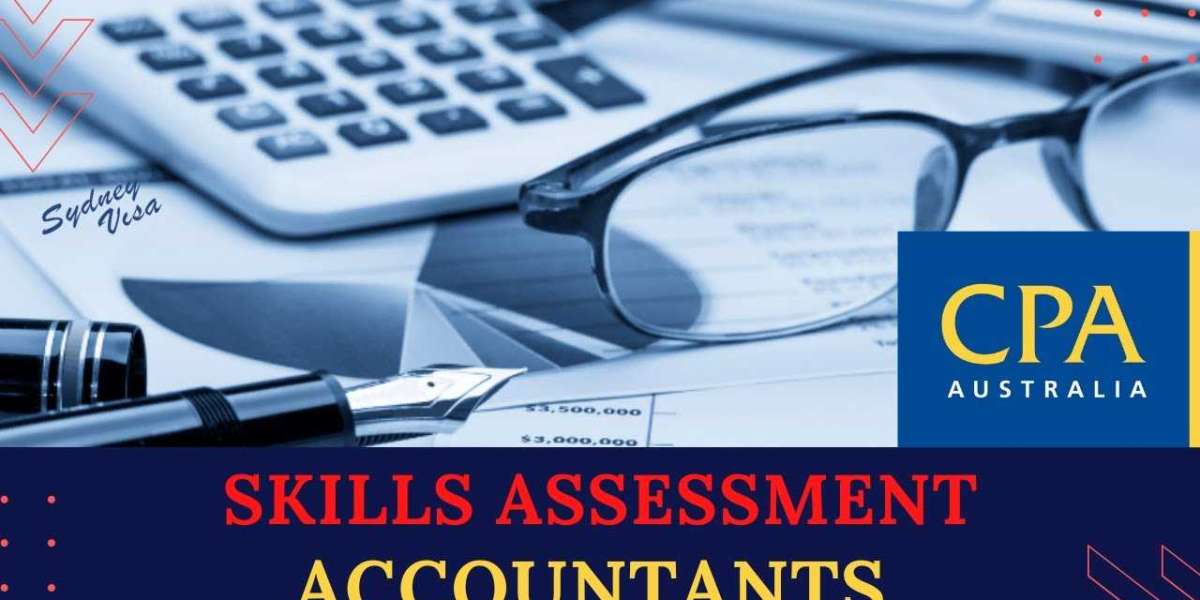In today's dynamic business landscape, possessing strong accounting skills is crucial for professionals across various industries. Whether you're a seasoned accountant or a budding financial analyst, continually assessing and enhancing your accounting skills is imperative for career growth and success. This article provides a comprehensive guide to effectively assess accounting skills and outlines key strategies to sharpen your expertise.
Accounting skill assessment plays a pivotal role in evaluating an individual's proficiency in financial management, analysis, and reporting. Employers seek candidates who demonstrate a robust understanding of accounting principles and possess the ability to navigate complex financial data with accuracy and precision.
Understanding Accounting Skill Assessment: Assessing accounting skills involves evaluating a candidate's knowledge, competencies, and practical application in areas such as financial reporting, budgeting, taxation, and audit procedures. It encompasses both technical expertise and soft skills, including attention to detail, critical thinking, and communication.
Key Components of Accounting Skill Assessment:
- Technical Proficiency: Evaluate proficiency in accounting software, financial modeling, and understanding of Generally Accepted Accounting Principles (GAAP) and International Financial Reporting Standards (IFRS).
- Analytical Skills: Assess the ability to analyze financial statements, identify trends, and make informed recommendations based on financial data.
- Problem-Solving Abilities: Measure the capacity to address complex accounting issues, resolve discrepancies, and implement effective solutions.
- Communication Skills: Evaluate the clarity and effectiveness of written and verbal communication in conveying financial information to stakeholders.
Strategies for Enhancing Accounting Skills:
- Continuous Learning: Stay updated with industry trends, regulations, and emerging technologies through professional development courses, workshops, and certifications.
- Practical Experience: Seek opportunities to apply theoretical knowledge in real-world scenarios through internships, freelance projects, or volunteering.
- Peer Collaboration: Engage in discussions and knowledge-sharing with fellow accounting professionals to gain diverse perspectives and insights.
- Feedback and Reflection: Solicit feedback from mentors or supervisors, reflect on areas for improvement, and proactively address skill gaps.
Accounting skill assessment serves as a roadmap for individuals to gauge their proficiency and identify areas for growth within the realm of financial management. By adopting a proactive approach to skill enhancement and leveraging available resources, professionals can position themselves as competent and sought-after assets in today's competitive job market.













